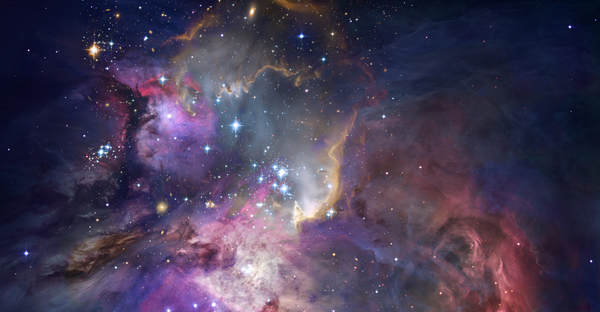If Everything Has a Cause, Then What Caused God?
Often this slogan is wielded after a theist uses a cosmological argument. The skeptic points out that God is made an arbitrary exception to the causal principle. Surprisingly, both philosophically engaged atheists and popularizers have offered this slogan in one form or another. In his book Breaking the Spell, the atheist Daniel Dennett writes, “The Cosmological Argument . . . in its simplest form states that since everything must have a cause the universe must have a cause—namely, God.” From which follows the question posed by the title of this chapter, which can be stated as follows:
You argue that everything needs a cause. But if that’s the case, then what caused God? You say he doesn’t need a cause, but that’s an arbitrary exception. I could just say the universe doesn’t need a cause either. That’s why these cosmological arguments are all destined to fail. They boil down to arbitrary exceptions.
How should we answer this?
Our Response
First, point out that the slogan is based on a straw-man version of the cosmological argument. In fact, none of the famous defenders of cosmological arguments—such as Aristotle, Averroes, Aquinas, and Leibniz—make use of the premise that everything has a cause.
So ask, “Who said everything has a cause?” If the skeptic answers, “Aquinas did!” (or someone else), then ask, “Can you let me know where Aquinas (or other thinker) argues that way?”
Then follow up by asking, “Have you considered that the Kalam cosmological argument [or contingency argument] does not employ such a premise?” Explain that real versions of cosmological arguments are not based on the premise that everything has a cause. Rather, they point to particular features of things that suggest they need a cause.
For example, in the Kalam cosmological argument, the major premise is as follows: Everything that begins to exist has a cause. In other words, the premise homes in on a particular feature of things; i.e., that they begin to exist. Things that fulfill that condition require a cause. But such a principle is silent as to those things which do not fulfill it. So, we can run the Kalam cosmological argument without making use of the premise embedded in the slogan:
Premise 1: Everything that begins to exist has a cause.
Premise 2: The universe began to exist.
Conclusion: Therefore, the universe has a cause.
Likewise, contingency arguments do not employ the general premise everything has a cause. Some explain contingency in terms of “dependence”; that is, that things that are dependent need a cause. Others may explain contingency as “needing an explanation,” such that all contingent things need some causal explanation. Regardless of how a contingency argument is formulated, it will not rest on the premise that everything has a cause.
So this slogan turns out not to be all that relevant. Quick clarification and questioning will reveal that no serious cosmological argument relies on the premise everything has a cause.
Questions to Ask:
- “Who said everything has a cause?”
- If someone says that Aquinas (or someone else) did, then ask, “I’m not sure that’s right, but I’m willing to be corrected. Can you let me know where Aquinas (or other thinker) argues that way?”
- “Have you considered that the Kalam cosmological argument [or contingency argument] does not employ such a premise?”
Important Principles:
- The correct way to formulate the causal premise of the Kalam or contingency argument singles out some feature of things as the reason they must have a cause.
- For the Kalam argument, everything that begins to exist has a cause.
- For a contingency argument, you might say everything that is dependent on other things requires a cause. Or, everything that requires an explanation of its existence needs a cause.
If you want to find out more, order your copy of One Less God Than You today!
Recent Posts
-
Medicine for the Soul
When people ask me why they need to go to see a priest in confession instead of going “directly to …Feb 19th 2026 -
What's Right, and What's Wrong—Salvation Hangs In the Balance
The Catholic Church teaches us what actions are gravely sinful and must be avoided so we do not for …Feb 17th 2026 -
Hasty Generalizations and True Scotsmen
No True Scotsman is a type of logical fallacy that involves making exceptions when a claim is contr …Feb 16th 2026










